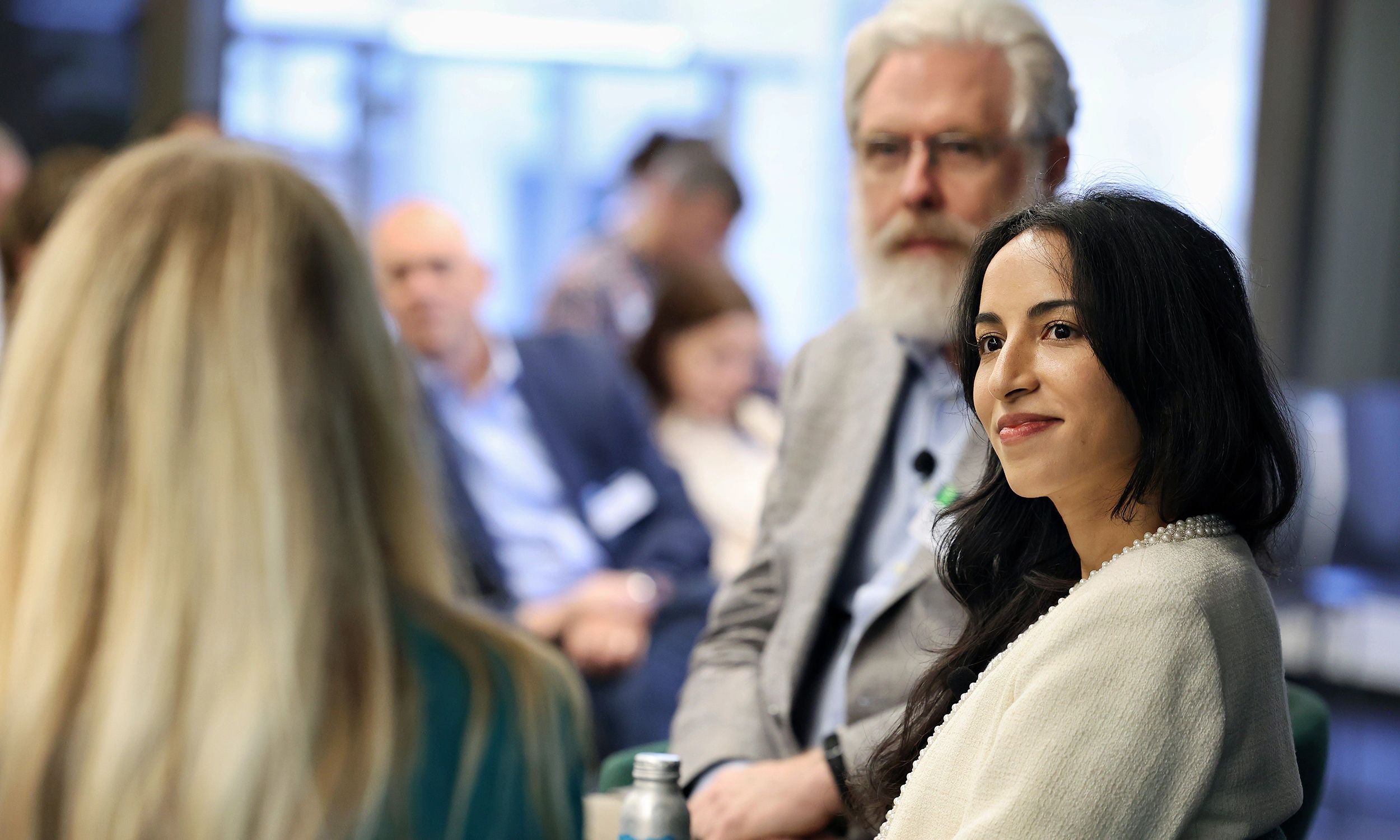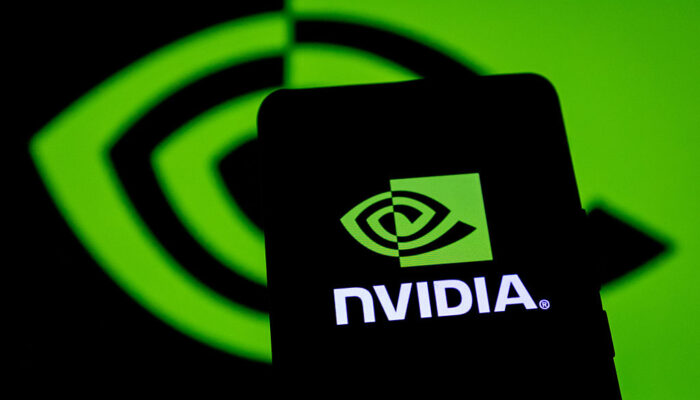The world of pregnancy is going to radically change, predicts Noor Siddiqui. “I think that the default way people are going to choose to have kids is via IVF and embryo screening,” she said at the WIRED Health summit last week. “There’s just a massive amount of risk that you can take off of the table.”
Siddiqui is the founder and CEO of Orchid, a biotech company that offers whole-genome screening of embryos for IVF. By analyzing the DNA of different embryos before selecting which one to implant, Orchid says, parents can lower the risk their children grow up affected by conditions with a genetic basis. Siddiqui was speaking with George Church—a pioneer in genomics and a professor of genetics at Harvard Medical School—at the summit in Boston, exploring the promise and potential of whole-genome sequencing.
An estimated 4 percent of people worldwide have a disease that’s caused by a single genetic mutation. With embryo screening, “these monogenic diseases can be just completely avoided,” Siddiqui said. On top of this, roughly half the world’s population suffers from a chronic disease with at least some genetic basis. Analyze five embryos ahead of implanting one, Siddiqui said, and “you can now mitigate the genetic component of that risk by these double-digit numbers. You’re talking about in the worst case 30 percent and in the best case up to 80 percent.” (You can watch the session in the video below; there is an issue at the start with Noor Siddiqui’s mic, which is fixed around the 6-minute mark.)
Orchid’s website, which references statistical analysis on how much risk reduction can be achieved through embryo screening, explains that the exact reduction in relative risk will depend on a number of factors. These include, among others, how prevalent the disease is, the number of embryos analyzed, and how much influence the genetic variants screened for have on the likelihood of developing the disease.
Church is an investor in Orchid, and believes the type of embryo screening it offers is among the most cost-effective medical technologies ever created. The Human Genome Project, the first effort to map all human genes, cost $3 billion, but since then, the cost of sequencing a genome has fallen dramatically. Orchid’s whole-genome sequencing costs several thousand dollars per embryo. That’s “maybe a 10-fold return on investment,” Church believes. “A huge fraction of our health care costs, psychological problems, and family issues could be solved by this method.”
Siddiqui has used the technology to screen her own embryos. She shared the story of her mother, who experienced adult-onset blindness as a result of a genetic variation in her genome. “Fortunately, all embryos are negative for that,” she said. “But the other thing that’s quite common in most South Asian families is an incredibly high risk for heart disease and diabetes. So that’s really the other thing that we’re prioritizing based on.”
The blindness that Siddiqui described is monogenic, meaning it was caused by just a single genetic variation. Of the single-gene diseases that are known, “95 percent have no treatment, much less of a cure,” Siddiqui said. But many other conditions—such as schizophrenia, or bipolar disorder, or heart disease—are polygenic, driven by the cumulative impact of many genetic variants. For these, genetic risk scores can quantify the risk of potentially developing a disease, and they can be calculated both for adults and embryos. Orchid’s embryo tests look for both disease types.
“In the average IVF cycle, you can get anywhere from a 30 to 80 percent risk reduction with models that are around today,” Siddiqui said of polygenic conditions. “Even if you restrict to the worst case, so two parents who are both high-risk, then you drop from that 80 percent ceiling to maybe 55 percent.” This can be a greater reduction than can be achieved by having at-risk patients take drugs, she added.
But critics argue that using genetic risk scores to select embryos raises significant ethical concerns, by potentially stigmatizing diseases that can potentially be avoided and representing a form of eugenics. They are also, for now, an expensive technology only available to the few.
In almost all situations, whole-genome sequencing provides information, but also uncertainty. Church has had his genome sequenced, and shared that he has dyslexia, narcolepsy, and cholesterol issues. “Some of them were evident in my genome, and some still aren’t quite clear,” he said. For adults thinking about getting their genome sequenced, the prospect of what they might discover can be unnerving—but not everything that is discovered has to be divulged.
“You can have a contract with your physician, which basically says don’t tell me certain things I don’t want to know,” Church said. “You can categorize the things that don’t have cures.” You could even, he suggested, ask to have withheld information shared with you if previously untreatable diseases become treatable.
But there was one group Church was cool on having their genomes sequenced: newborns. “It’s kind of too late for really early onset [diseases], and it’s way too early for late onset.” The latter conditions, he noted, have very few cures. “It’s kind of a recipe for anxiety more than anything else.”




